Stuka, German in full Sturzkampfflugzeug (“dive-bomber”), a low-wing, single-engine monoplane—especially the Junkers JU 87 dive-bomber—used by the German Luftwaffe from 1937 to 1945, with especially telling effect during the first half of World War II. The Stuka was designed to employ the dive-bombing technique developed earlier by the U.S. Navy—i.e., diving on the target at a steep angle and releasing the bombs at low altitude for maximum accuracy before breaking away. The JU 87 had dive brakes to slow the dive and give the pilot more time to aim his airplane and, thereby, the bomb. It also had hinged external bomb racks that could, when the craft was in a steep dive, swing downward and outward so that the bombs, when released, would clear the airplane’s propellers. The JU 87 was armed with four 7.9-millimetre machine guns, two of which were operated by a rear-seat gunner; late in the war, the rear-mounted guns were replaced by a single 13-millimetre gun. The Stuka carried under its fuselage either one 1,100-pound (500-kilogram) or one 550-pound (250-kilogram) bomb, plus two smaller bombs (110 pounds [50 kg]) under each wing.
Stuka dive bomber.
Related for Stuka dive bomber.
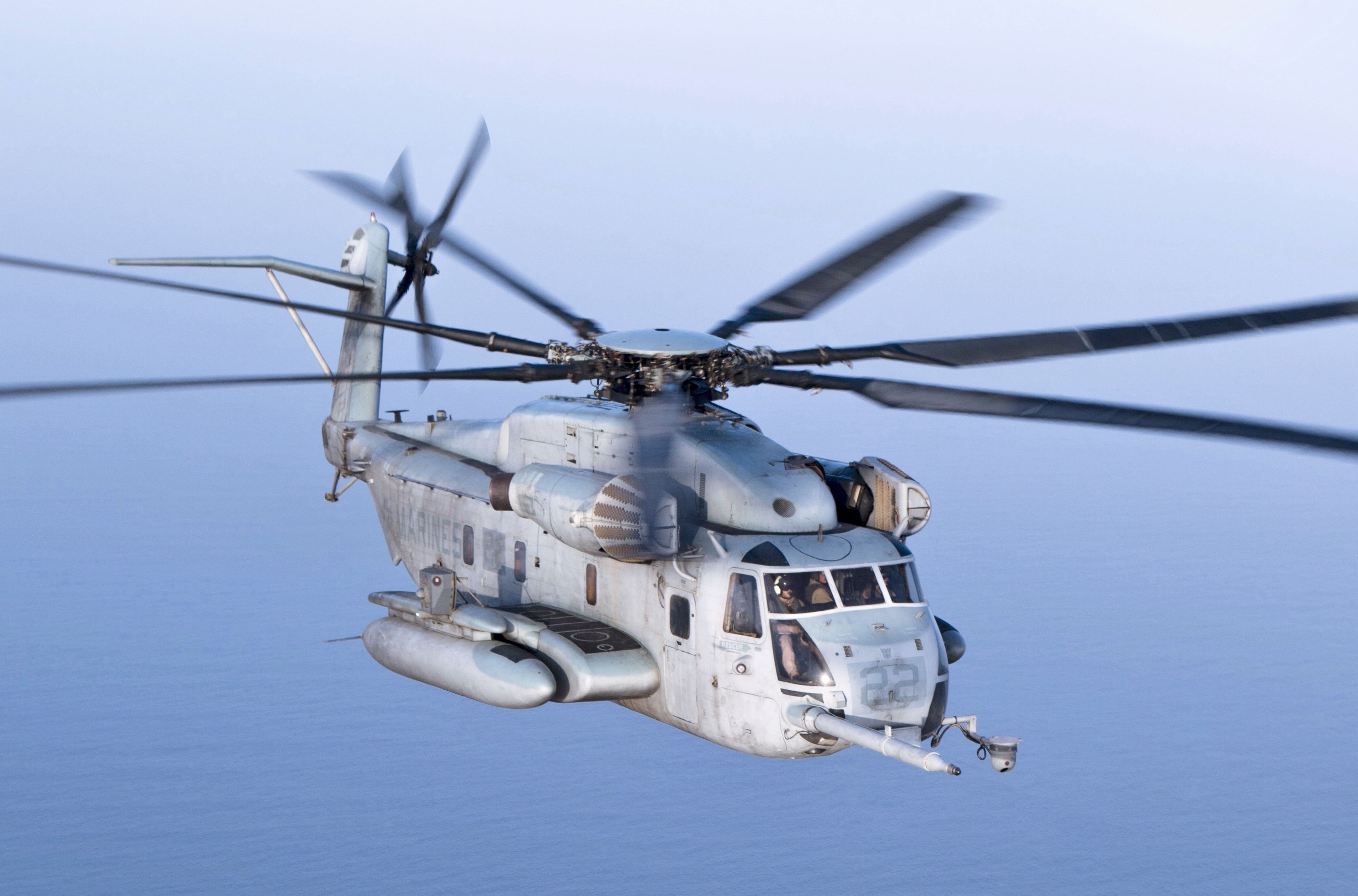
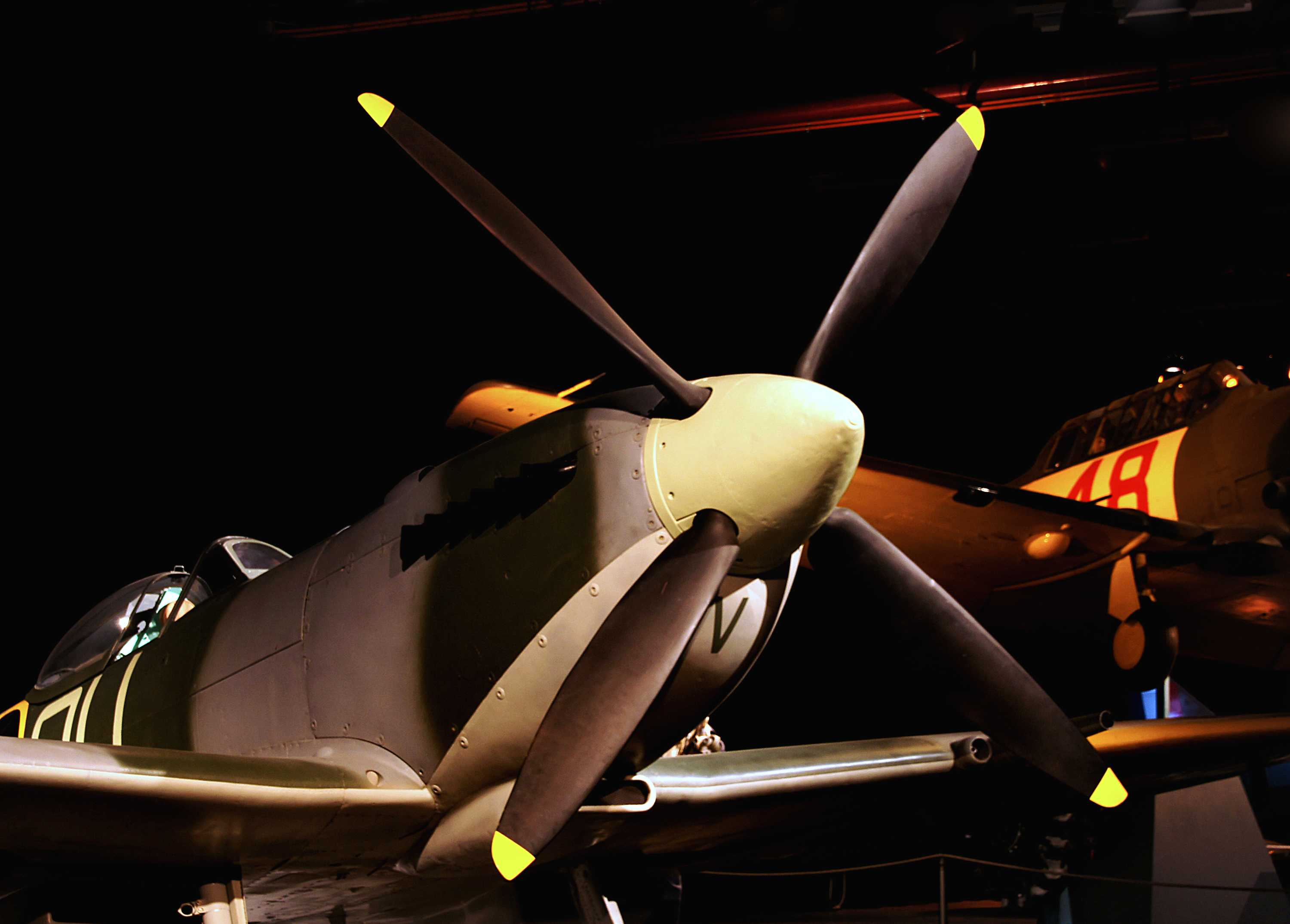
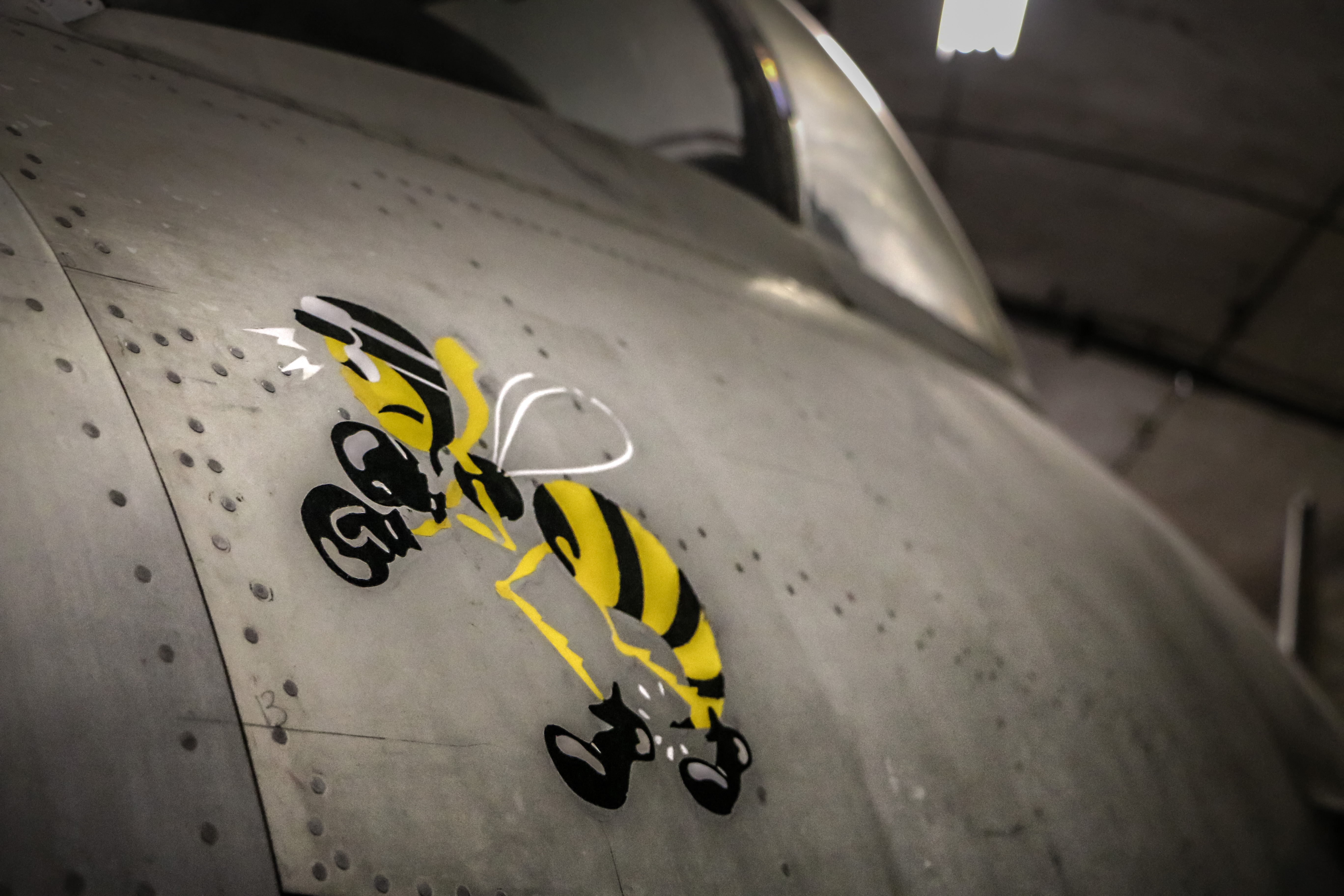
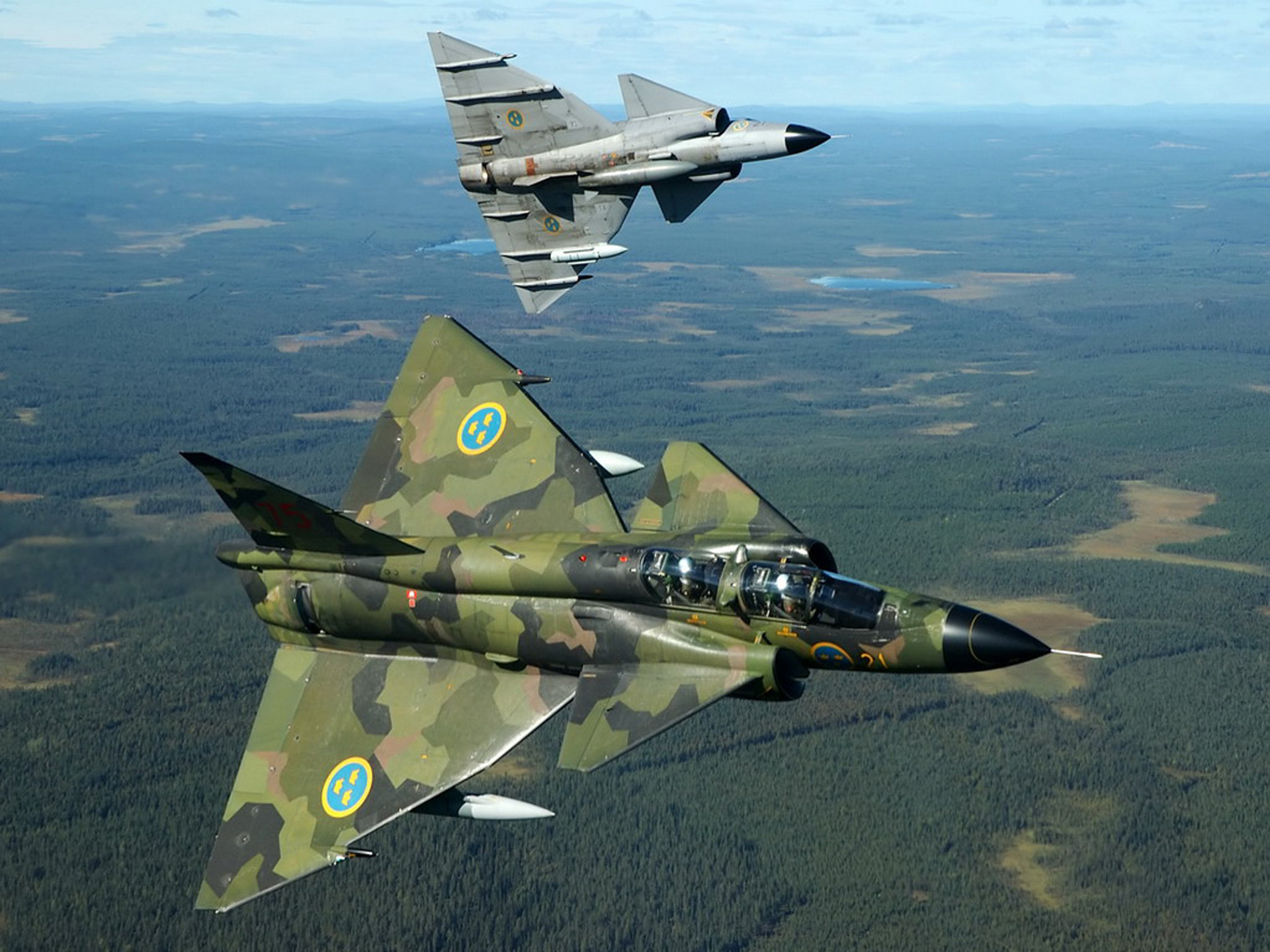
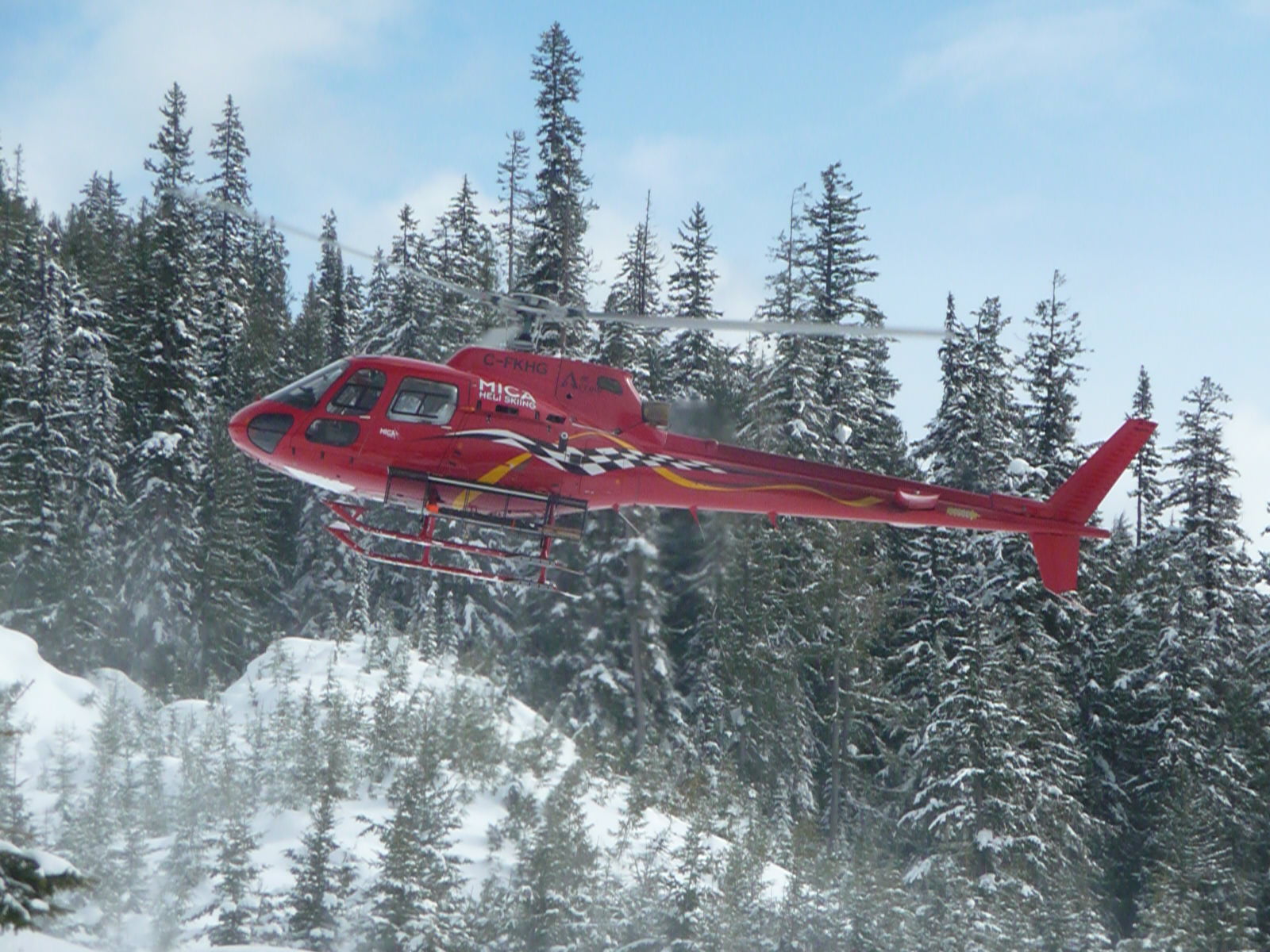
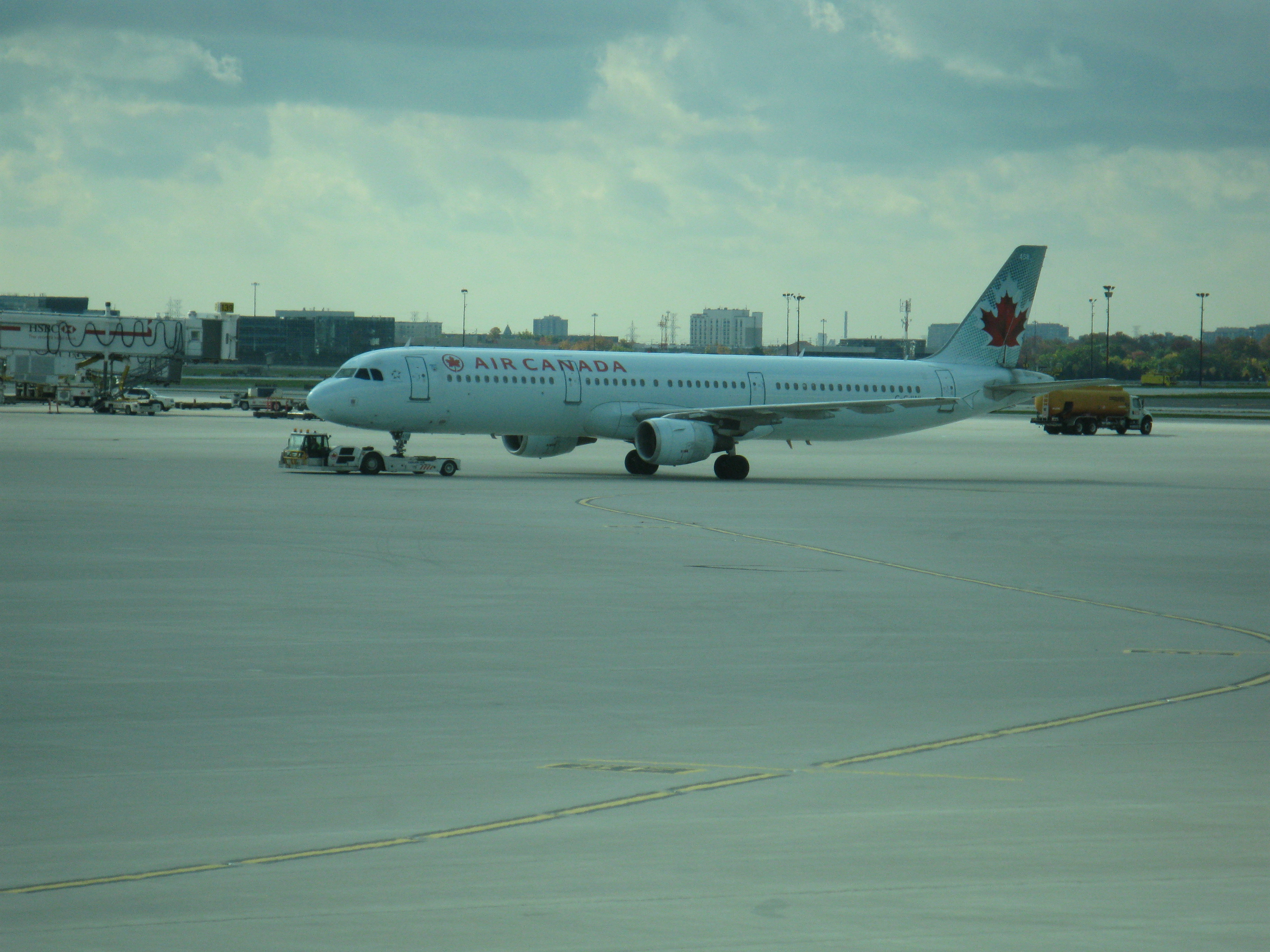
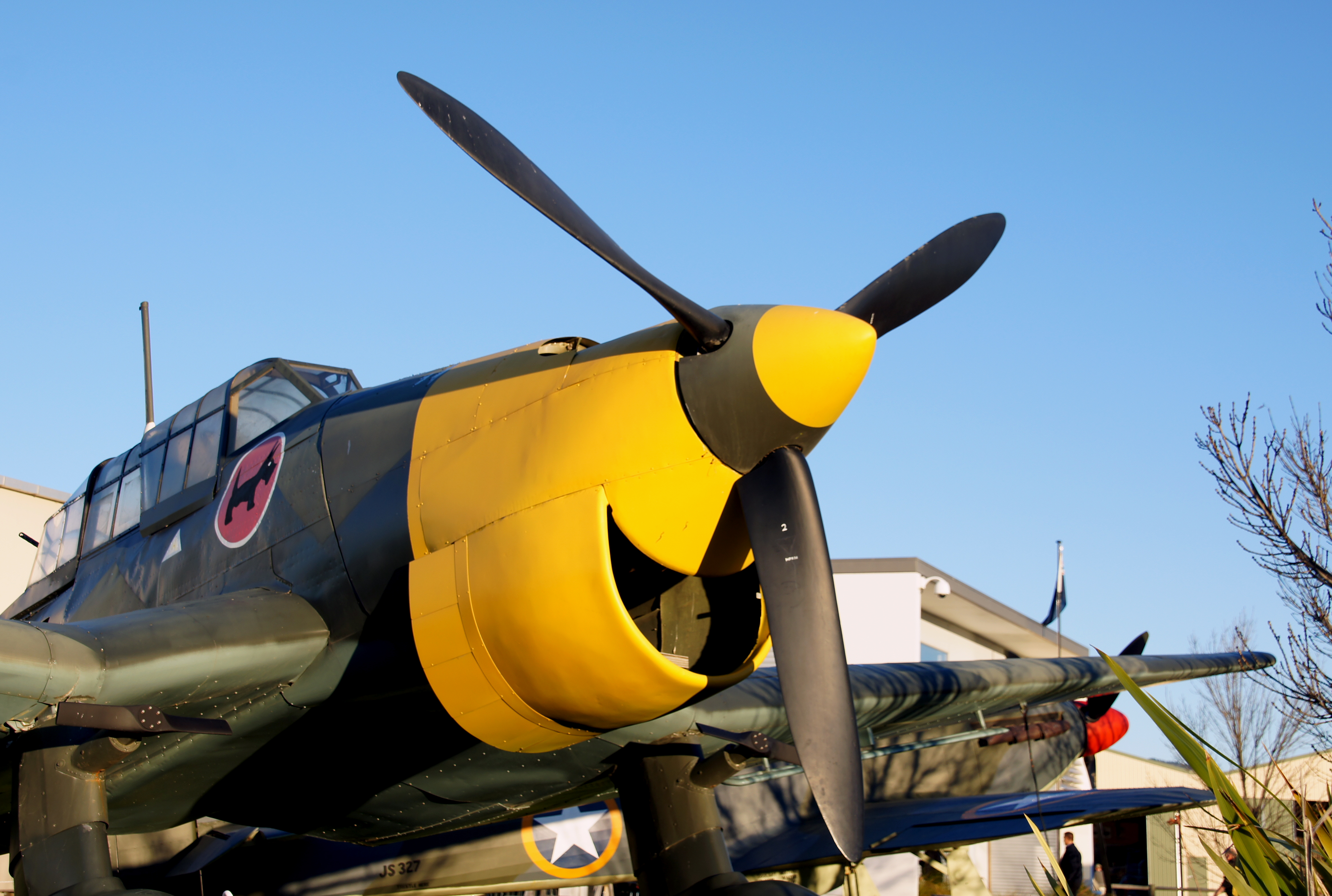
Stuka dive bomber. free stock photo
Free high resolution images stuka dive bomber., aircraft, airplane, free photos, geo-tagged, outdoor.
Licence:
Creative Commons - CC0. Photos transferred to the public domain from Creative Commons.


More free photos / by Flickr (Public Domain)